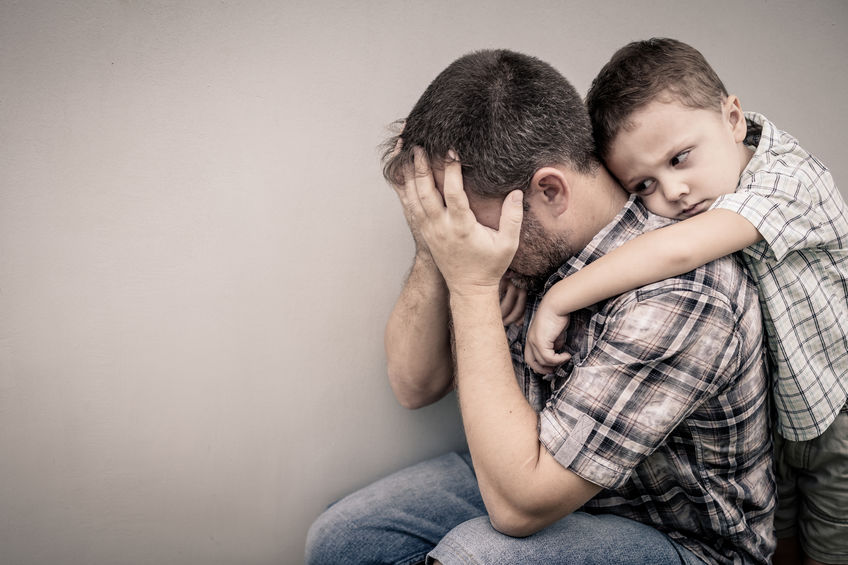Separation anxiety can be stressful for the whole family. Fortunately, there are various types of treatment for separation anxiety, including CBT.
When a school-age child is suffering from separation anxiety disorder, the child has often expressed these fears to those closest to them, typically their parents or adults at school. In an effort to help the child, families and schools may inadvertently say or do things that worsen the child’s anxiety. While these behaviors may provide some short-term relief to the child, they often exacerbate the anxiety in the long term. Separation anxiety disorder treatment aims to change these interactions.
In order to make longer-lasting improvements, change is needed in order to reduce any avoidance that the child engages in. Change is also necessary to decrease the family’s and school environment’s contribution to the child’s anxiety. Treatment can help bring about these changes and to decrease the child’s anxiety. Cognitive-behavioral therapy (CBT) of separation anxiety in children involves several components that help the child manage their anxiety. Some focus on the child, some on the family, and some on the school.
Interventions with the Child, Including CBT
Cognitive-behavioral therapists treating separation anxiety disorder will work with the child to help him/her better understand their anxiety. When children learn about their anxiety, they can also begin to control and manage it. Children receiving CBT will learn what anxiety is and how it impacts them, their thoughts, and behaviors. They will learn about the way that they think and how to deal better with their anxious thoughts. Children will learn to change their thinking and think in more rational and productive ways.
Over time, with CBT kids with separation anxiety can also learn to think about separations differently and examine their fears more rationally. They will learn to cope with separations and deal with the fears that arise in a healthy way. This is accomplished, in part, by changing their thinking and using effective self-talk. In addition, they will learn about how changing their behavior and doing things that they may wish to avoid (e.g. going to school) can, in time, decrease their anxiety.
Interventions with Parents
When a child is dealing with separation anxiety, parents have often unintentionally reinforced their child’s anxiety. Small ways of reassuring the child may have ultimately exacerbated the fear. With the help of a CBT therapist, parents will learn how to decrease the unhelpful reassurance and help their child gain control of their fears. There are several measures parents can take to help. They may learn to talk to their children differently or to answer their child’s questions in new ways. They may be coached to provide less short-term reassurance to their children. All these steps will help the child cope more effectively, thus reducing the separation anxiety.
Interventions with Schools
Separation anxiety disorder is often most apparent at schools. For this reason, CBT therapists will often help the child, parents, and teachers to make important changes in the child’s school day. Therapists can provide children with more adaptive coping strategies that can be implemented by the school and teachers. Teachers can assist the child with occasional reminders that their parent will return at the end of the school day and that they have dealt with temporary separations before. Over time, the child can learn coping statements to help themselves through separations. Their teachers and parents can provide reminders to use these tools.
Separation anxiety disorder in children can be a significant concern for kids and their families. Early identification of the disorder and effective separation anxiety disorder treatment can allow children to deal with these separations and engage fully in their lives.
Subscribe to the Manhattan Center for Cognitive-Behavioral Therapy blog!









